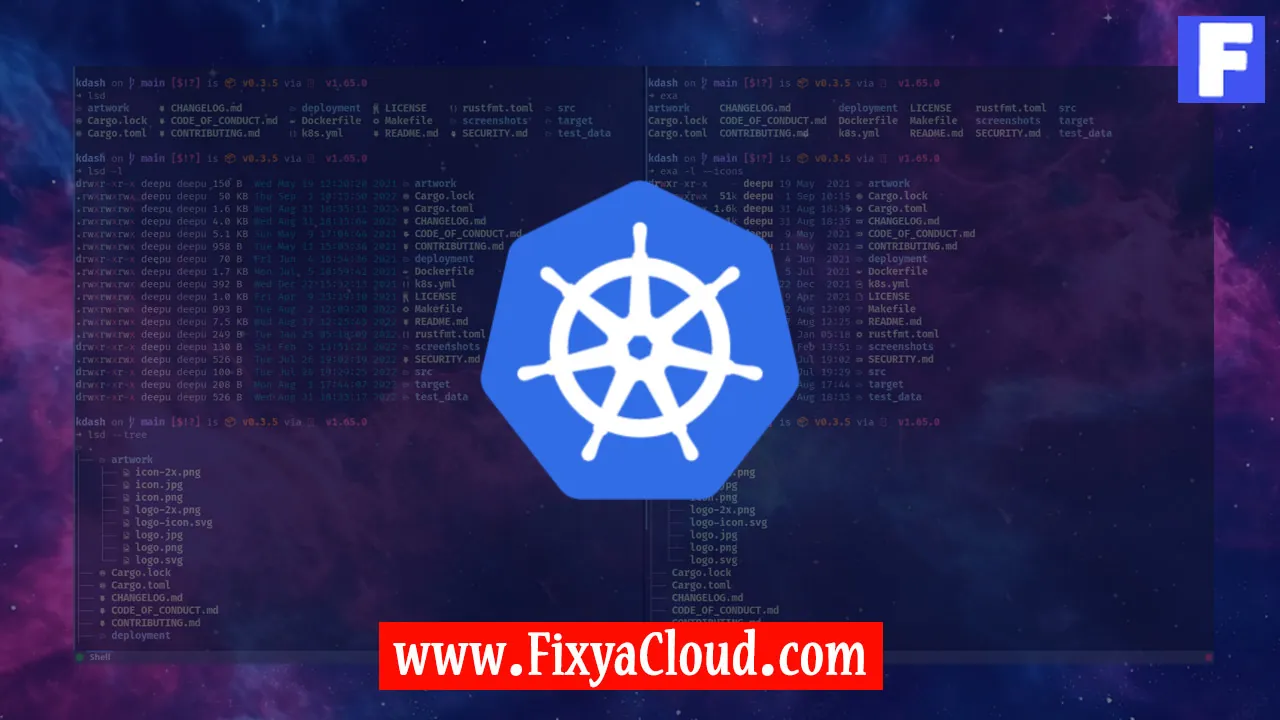Exploring Kubectl: Get Events and Sort By Time

In the vast landscape of Kubernetes, effective troubleshooting and monitoring are essential for maintaining a healthy and efficient cluster. Kubectl, the command-line interface for interacting with Kubernetes clusters, provides a powerful toolset to inspect and manage the cluster's resources. One crucial aspect of this is understanding and analyzing events within the cluster.
Why Kubectl Get Events?
Kubernetes events provide valuable insights into the state of the cluster, capturing information about changes, errors, and other important occurrences. By utilizing the kubectl get events command, you can access a wealth of information that aids in diagnosing issues and understanding the cluster's behavior over time.
Basic Syntax:
Before diving into sorting events, let's start with the basic syntax of the kubectl get events command:
kubectl get events
This simple command fetches a list of events in the default namespace. However, the real power lies in the ability to filter and sort these events to gain more targeted insights.
Sorting Events By Time:
To analyze events chronologically, we can use the --sort-by flag. This flag allows us to sort events based on different fields, with --sort-by='.metadata.creationTimestamp' being the most common for chronological order:
kubectl get events --sort-by='.metadata.creationTimestamp'
This command fetches and displays events sorted by their creation timestamp, giving you a clear timeline of the occurrences within your cluster.
Filtering Events:
Filtering events can make the output more manageable. For example, to see events related to a specific pod, you can use:
kubectl get events --field-selector involvedObject.name=<pod-name>
Replace <pod-name> with the name of the pod you're interested in.
Additional Options:
Displaying Specific Columns:
You can customize the output by specifying which columns to display. For example, to show only the last column (Reason), you can use:
kubectl get events --output-custom-columns=LAST:.reason
Displaying Detailed Information:
For a more detailed view, use the -o wide option:
kubectl get events -o wide
This provides additional information like the source component and the node associated with the event.
Putting It All Together:
For a comprehensive overview, let's combine filtering and sorting. Here's an example that displays events related to a specific pod, sorted by time:
kubectl get events --field-selector involvedObject.name=<pod-name> --sort-by='.metadata.creationTimestamp'
This command offers a focused and chronological view of events associated with a particular pod.
Effectively utilizing kubectl get events with sorting and filtering options can significantly enhance your ability to troubleshoot and monitor Kubernetes clusters. By gaining insights into the chronological order of events, you empower yourself to proactively manage and maintain a healthy and efficient cluster.
Related Searches and Questions asked:
That's it for this topic, Hope this article is useful. Thanks for Visiting us.
